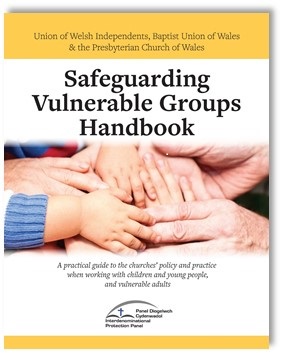KEEPING CHILDREN SAFE ON LINE
Create your online safety policy : Example online safety policy statement | NSPCC Learning
Keeping safe online - Hwb From Welsh Government- guidance, resources and training to help you, your school and your family stay safe, secure and smart online
NSPCC Learning has published information on keeping children safe online . The've pulled together resources (updated information on communicating with children via social media, running online services, tips for parents and carers and advice to share with children) to help you understand and tackle the risks children face online.
CEOP has information and advice on how to keep children of all ages safe online, including when gaming at home, sharing images, using social media. https://www.thinkuknow.co.uk/parents/ also
Childnet https://www.childnet.com/parents-and-carers
Internet Matters (a one-stop-shop for parents: online issues, advice by age, setting controls, guides and resources https://www.internetmatters.org/
Digital Matters – a new resource (May 2022) for parents and teachers https://www.internetmatters.org/digital-matters/modules/?user_type=paren
Internet Matters (a one-stop-shop for parents: online issues, advice by age, setting controls, guides and resources https://www.internetmatters.org/
HOW TO REPORT AN ONLINE CONCERN : Reporting to CEOP (thinkuknow.co.uk):
This online Safety handout contains lots of useful links for more advice and information
Talking to children about online abuse
Free online safety virtual workshop | NSPCC free worskshop on you tube - an excellent filmed workshop from NSPCC which includes some excellent information to share with parents or facilitate a internet safety session for parents using this resource .
The Childrens Commmissioner for England has published a helpful document to help parents discuss online abuse with their children:






